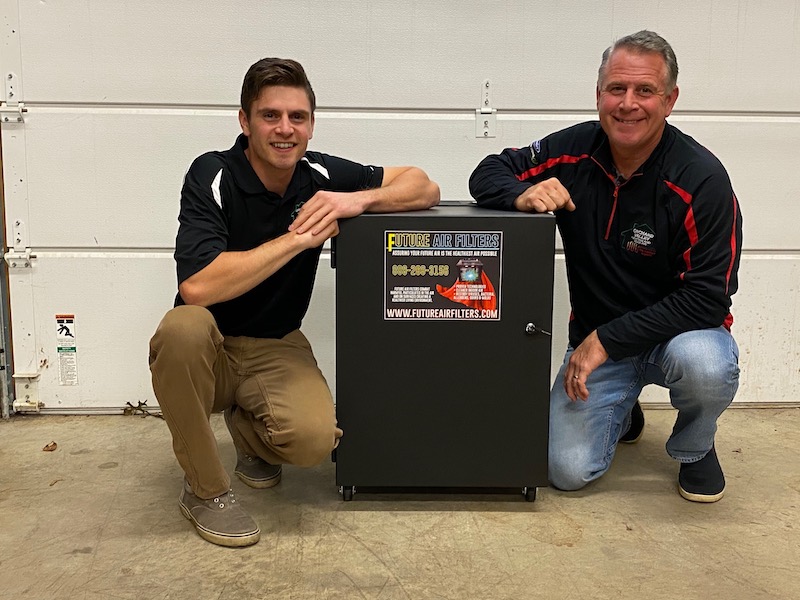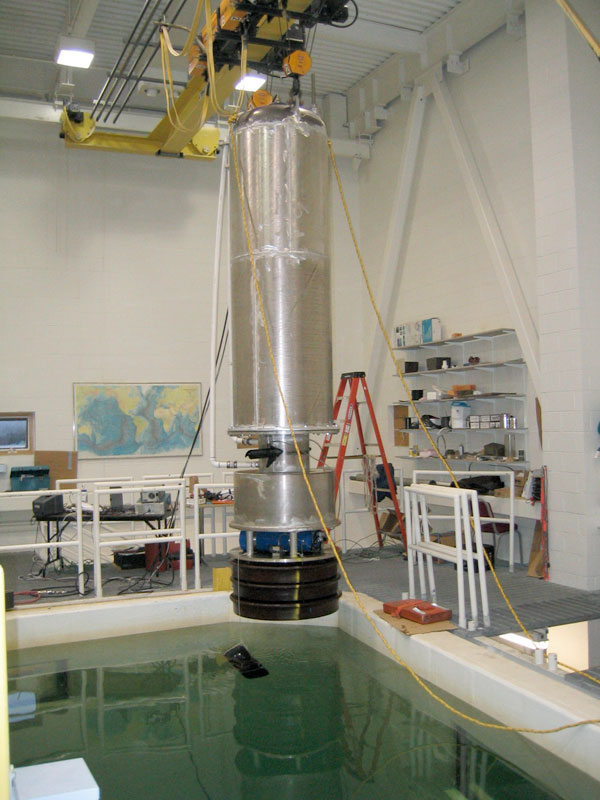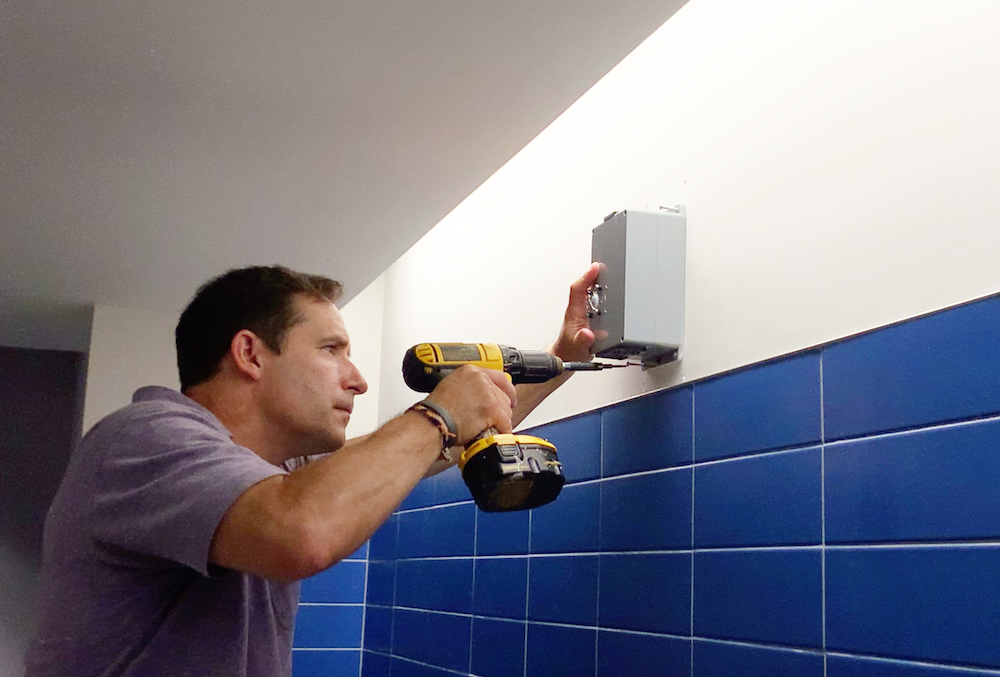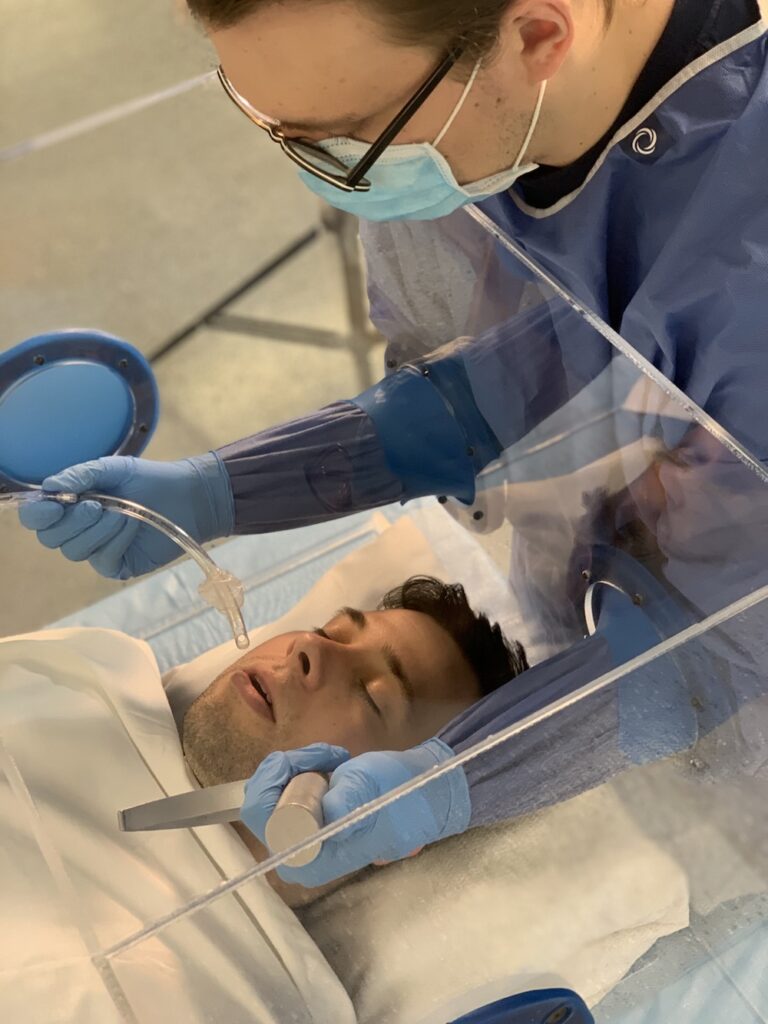Challenge Goal
1. Foster innovations that will help “lock in” the low rate of COVID infections in Massachusetts achieved through social distancing and other measures
2. Help Massachusetts manufacturers pivot their operations to produce goods and services that can be sold to public and private buyers in Massachusetts and beyond.
3. Support the efforts of the Manufacturing Emergency Response Team (MERT).
4. Preserve and create jobs in Massachusetts.
Accelerator Program Overview
Companies were selected for a five-week acceleration toward new or expanded capacity to produce goods and services in support of the state’s re-opening. Priority was given to companies that had the potential to deliver solutions at scale in a short period of time.
During the challenge program, innovators developed prototype(s), business plans, market analysis and go-to-market strategies. On October 30, finalists presented their plans to a panel of experts. This panel selected Industrial Polymers and Chemicals to receive a $25,000 COVID Innovation Challenge grant award.
Although just one team won the Challenge, all participating companies will benefit from the COVID Innovation Challenge program. Participants had access to manufacturing know-how, to various domain experts, to raw material providers, and to prospective purchasers.


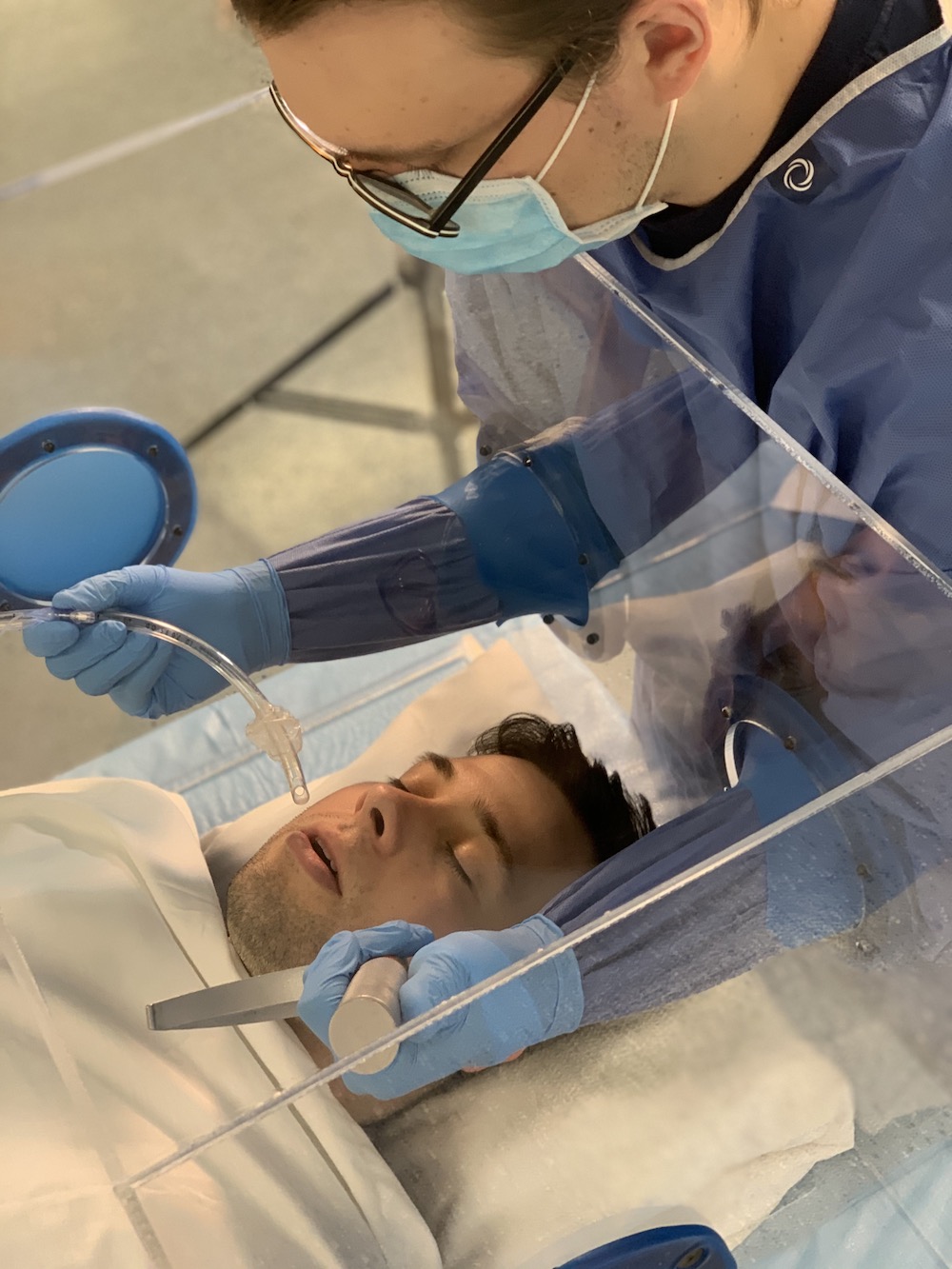

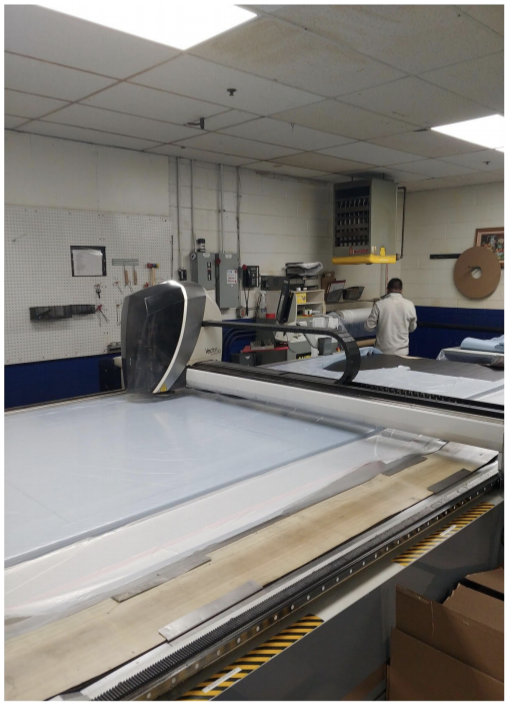
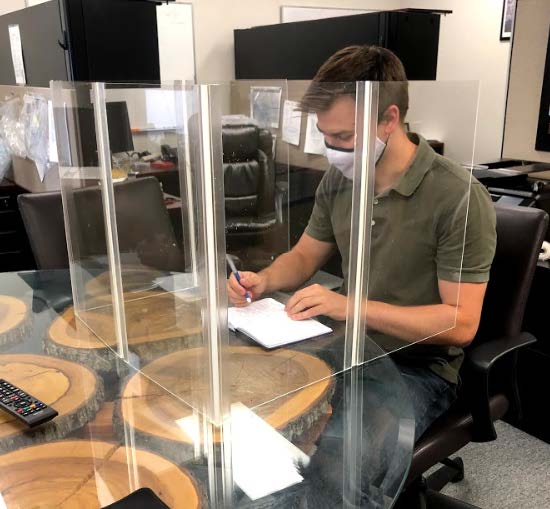
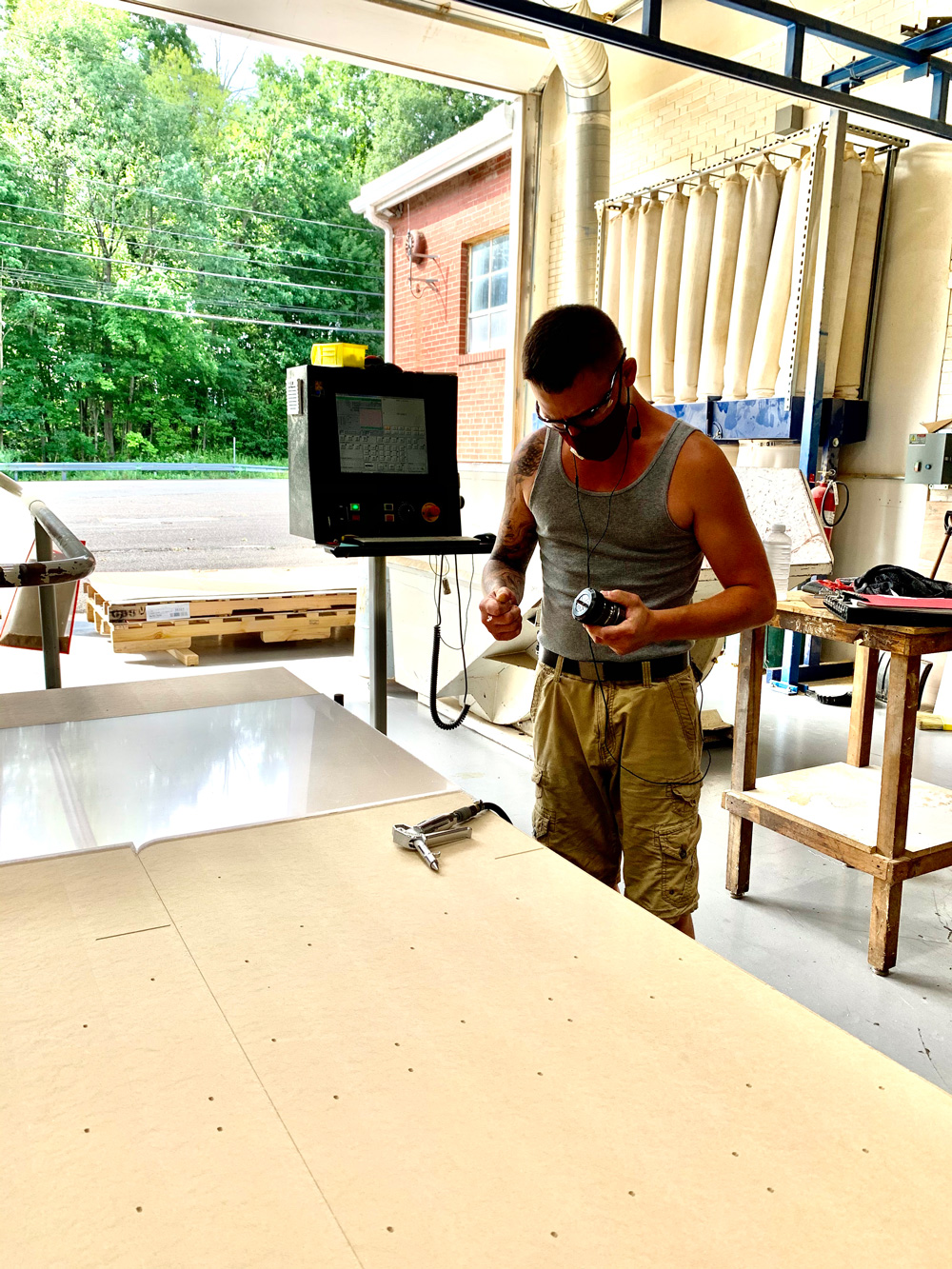
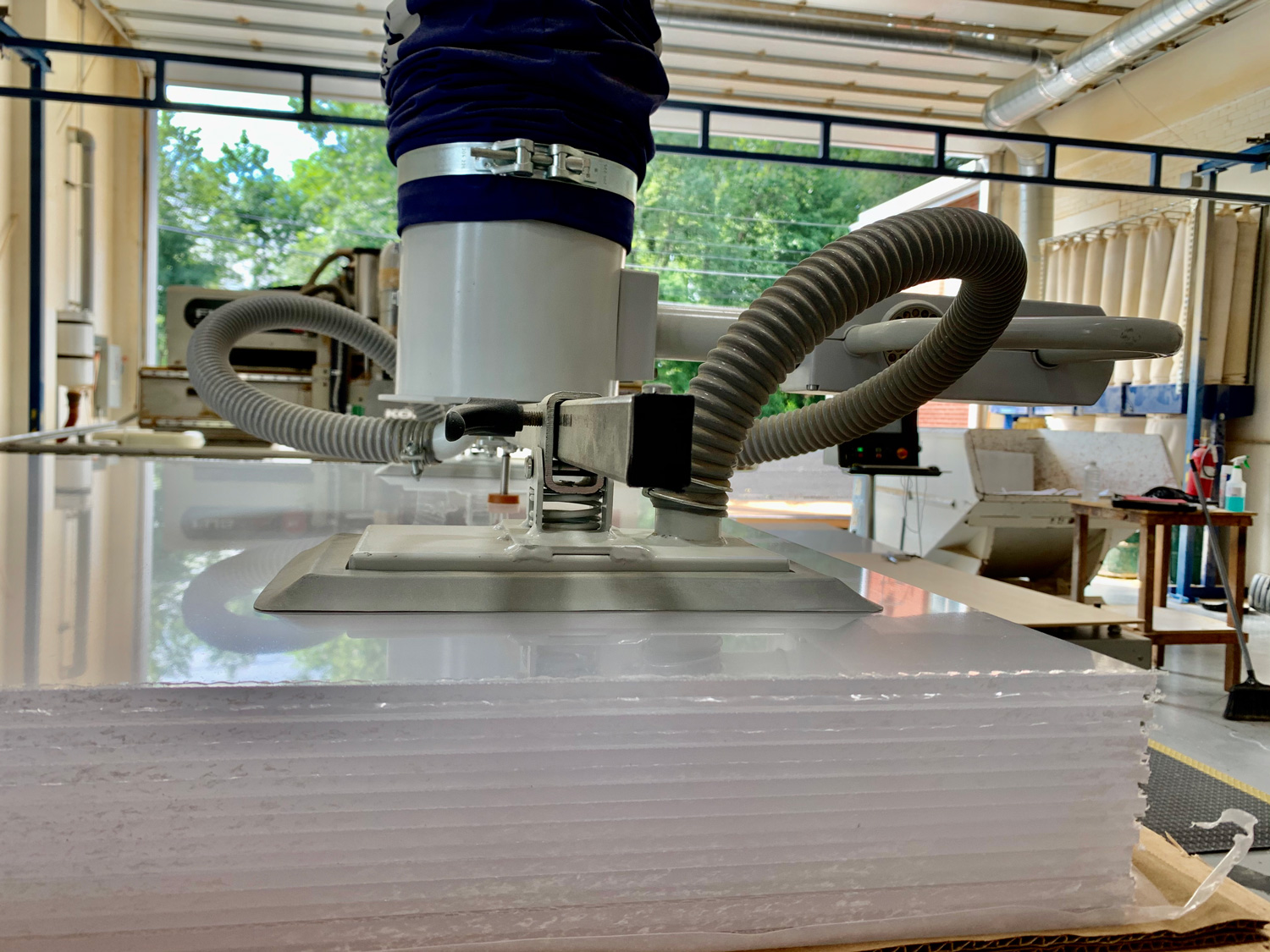 The Phillips sales team provides direct on-site consultation to each customer to understand their protective barrier needs, determining the best solution for their space, and taking required measurements and details needed to fit the location. These details are brought back to create a quotation and engineering design. At this point, Phillips manufactures the barriers, and finally, the company sends a team to deliver and install the product for the customers. For smaller orders, the entire process takes only a week.
The Phillips sales team provides direct on-site consultation to each customer to understand their protective barrier needs, determining the best solution for their space, and taking required measurements and details needed to fit the location. These details are brought back to create a quotation and engineering design. At this point, Phillips manufactures the barriers, and finally, the company sends a team to deliver and install the product for the customers. For smaller orders, the entire process takes only a week.